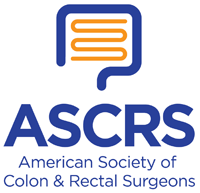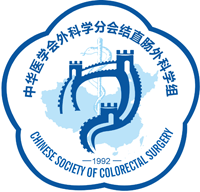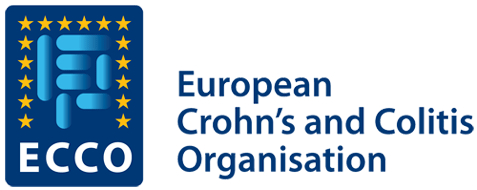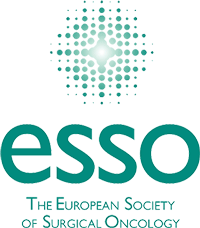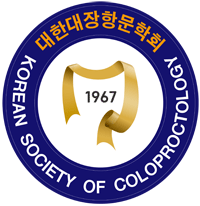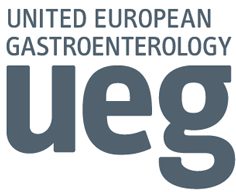 Gabriela Möslein is ESCP's General Secretary and Director of the Center for Hereditary Tumors at Helios University Hospital Wuppertal in Germany.
Gabriela Möslein is ESCP's General Secretary and Director of the Center for Hereditary Tumors at Helios University Hospital Wuppertal in Germany.
Name: Gabriela Möslein
Current position and hospital: Director, Center for Hereditary Tumors, Helios University Hospital Wuppertal, University of Witten/Herdecke, Germany.
ESCP Executive position: General Secretary
Main clinical and research interests: Hereditary gastrointestinal tumors, prophylactic surgery, cancer surgery, especially rectum and gastric, ileoanal pouch, continent ileostomies (Kock pouch), polyposis syndromes, Lynch syndrome, hereditary gastric tumors, Peutz-Jeghers-Syndrome etc. Desmoid Tumors, Guidelines, networking, registries.
Twitter handle: @GabrielaMoslein
What made you want to specialise in colorectal surgery?
It was coincidence! In the late 80’s during my surgical residency, I bumped into Prof Joji Utsunomiya when the ileoanal pouch was still in its infancy. He established the ileoanal J-pouch that has since become the standard pouch design. During my six-months in Japan, I became involved with polyposis patients. This was before the identification of the underlying gene mutation. Since then I have focussed on perfecting indications and techniques for patients with hereditary colorectal disease. As such, TaTME has come into my radar as well as other technicalities related to pouches that may improve functional and oncological outcome for patients.
What is the best part of the job?
Teamwork and the immediate involvement with patient outcomes are key to this profession. In my specialism, knowing patients and their families for decades is, of course, helpful in judging situations and potential outcomes. Providing expertise and offering patients’ confidence over their lifetimes and seeing patients grow is great. Ultimately it is satisfying to perform surgeries knowing that a patient has a tremendous degree of confidence in the skills of our team. It is also hugely fulfilling to be part of exciting progress in this field in relation to both genetics and surgical techniques.
How long have you been involved in ESCP and what made you want to become involved?
I first became involved in specialist international groups in the field when I was focused on hereditary disease. The development of ESCP into a very progress-oriented society embracing all of the European countries and addressing the issues that are important in the day-to-day life of surgeons sparked my interest in the group. Research, education, new technologies and nice people (friends) have made it feel like something I wanted to be actively involved in and to help shape the future.
What do you value most about being involved in ESCP?
The ESCP membership includes a range of areas of interest in the field of Coloproctology and boasts vastly competent experts, who are willing to exchange ideas and experience. It provides an open community that discusses success and also pitfalls openly.
Tell us your best ESCP conference anecdote?
Last year I was unable to visit a single session at conference due to the obligations of taking on the position of secretary for the first time!
What would your one bit of advice for younger surgeons starting their career in colorectal surgery be?
Find what you really enjoy doing and you will be good at it! Always look for mentors in this field.

